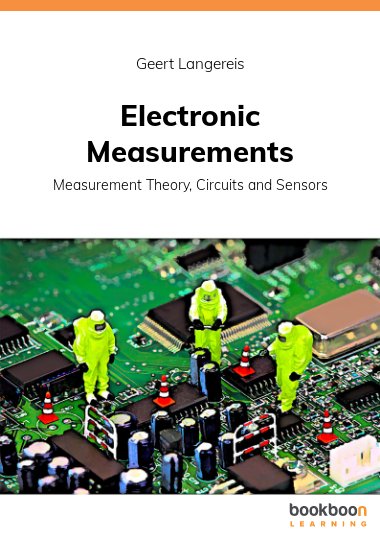In our information age, the probing of data is the elementary source for understanding the world around us. In most technical systems, these measurements are done by electronic systems. This book teaches the fundamentals of measurements, the technology of sensors, and the fundamentals of electronic circuits. The measurement system is approached as a chain to convert a physical quantity via an electronic sensor setup into a digital bus signal. Extra focus is on the management of measurement errors, circuit theory and the sensor as an electronic transducer.
About the author
Geert Langereis is an experienced researcher and research initiator in the field of sensor technology, smart-algorithms and biomedical measurement application development. He studied Electrical Engineering at the University of Twente (1994) and obtained a PhD on sensor systems for monitoring washing processes from the same university (1999). After that, he worked for ten years in the industrial research laboratories of Philips and NXP. In 2009 he went back to academic research and education at the University of Eindhoven (2009-2013) and the Fontys University of Applied Sciences in Eindhoven (2014 until now).

